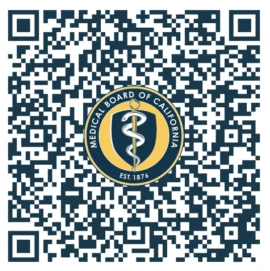A liver transplant is major surgery. During a liver transplant, your sick liver is removed. It’s replaced with a healthy donor liver. This sheet tells you more about what to expect.
Before Transplant Surgery
If you have been on a waiting list, you will receive a call from the transplant coordinator once a donor liver is found. When you arrive at the transplant center or hospital, your health and condition will be reviewed. A current or recent illness, changes in liver health, or problems with the new liver could cause the surgery to be postponed. This can be frustrating. Remember that the best decision has been made for your health. Once surgery is scheduled:
- Prepare for the transplant as you have been instructed.
- Begin anti-rejection medication as prescribed (see “What Is Organ Rejection” below).
- Call the transplant center if you develop a cold or other illness during the preparation time. This can affect whether the transplant can be done.
During Transplant Surgery
A liver transplant can take 4-12 hours. You will be given anesthesia (medication that prevents pain and makes you sleep during surgery). The sick liver is removed from your body and replaced with the new liver. Blood vessels and bile ducts are then attached to the new liver.
After Surgery
You will stay in the hospital for about 7-14 days or longer. For a time after surgery, you will recover in the ICU (intensive care unit). During this time, you may be on a machine to help you breathe (ventilation). Skilled nurses and doctors will monitor your health and liver function. Tests will be done to check that the new liver is working right. These may include ultrasound tests, a liver biopsy, and blood tests. In some cases, a “second look” surgery is done before you are sent home.
Caring for Yourself at Home
You will be given instructions on how to care for yourself and your new liver. While recovering from surgery, you will need to be watched for signs of a problem. Possible problems include organ rejection, infection, and complications from the surgery or from medications.
What Is Organ Rejection?
The immune system protects the body from germs. It also protects against foreign materials (such as a splinter) that enter the body and could cause an infection. When an organ is transplanted, the immune system thinks the new organ is an invader. As a result, the immune system fights the new organ. This process is called rejection. Anti-rejection medication suppresses the immune system to keep this from happening. Talk to your healthcare provider about this medication and what risks these medications pose. Be sure that all other doctors and healthcare providers know that you are on anti-rejection medication.
After Transplant Surgery, Call the Doctor if You:
- Have a fever of 100.4°F or higher
- Vomit or have diarrhea for 24 hours or longer
- Have a persistent cough or cough up green or yellow mucus
- Have swelling in the hands, arms, feet, ankles, abdomen, or face
- Bleed from the nose, mouth, or rectum, or have bloody stools or urine
- Bruise more easily than normal
- Can't take your prescribed medication
- Have signs of organ rejection:
- Unusual tiredness
- Orange or brown-colored urine
- Pale or clay-colored stools
- Fever
- Abdominal pain


